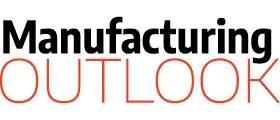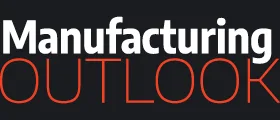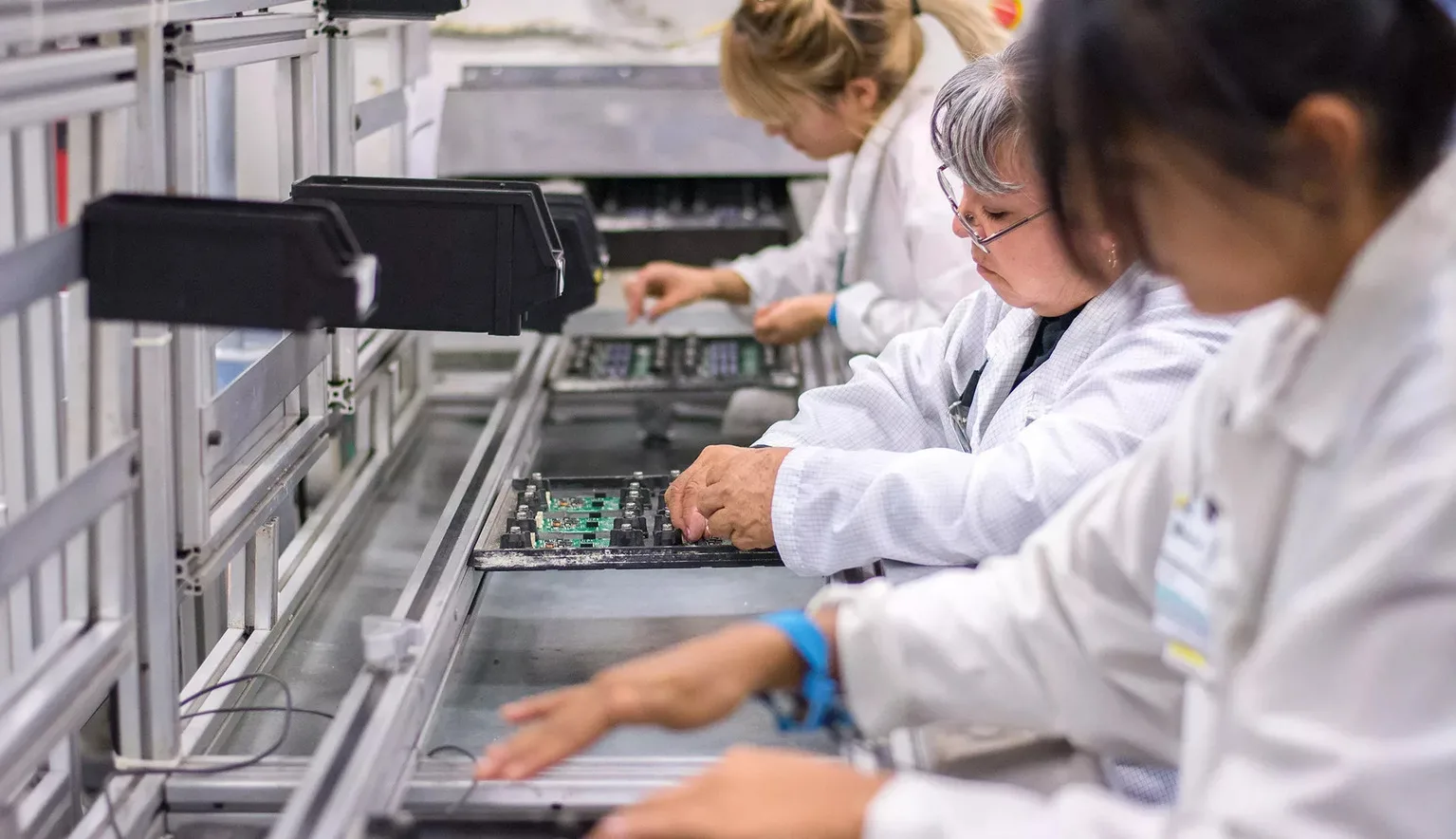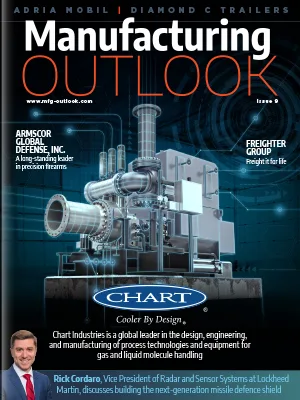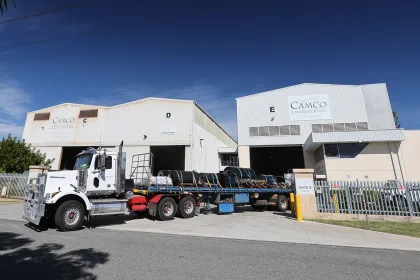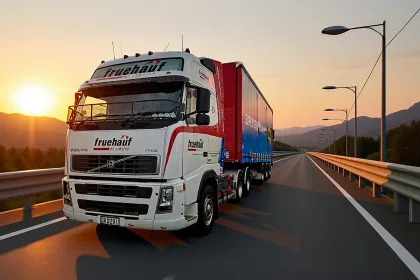Despite global disruption, Craig Gates, President and CEO of Keytronic, reflects on the evolution of the manufacturing industry over the past decade
MITIGATING DISRUPTION IN MANUFACTURING
The manufacturing industry is in a state of flux.
With trade tariffs, COVID-19 and new technology all playing a prominent role in the sector over the past few years, it has meant that operating with an agile and resilient approach is essential in order to navigate such disruption.
For Craig Gates, President and CEO of Keytronic, he acknowledges how much the industry has changed over the past decade.
“It’s very interesting times, particularly in terms of what is going on with China and the rest of the world as well as the coronavirus. It’s a pretty unsettled time in comparison to the last 10-15 years with big changes happening all the time.”
Indeed, COVID-19 hit the manufacturing industry hard, among many other sectors, and a government shutdown meant Keytronic had to be agile and adapt.
“Now, we’re running all of our office facilities at one third or less capacity and we’ve actually discovered that working remotely has worked out very well,” he reflects.
“In terms of the COVID impact on the factory, we had a temporary complete government mandated shutdown of all facilities in Juarez, including ours, which was very costly for the business. In terms of our employees, we’ve had almost zero transmissions of the disease inside the factory and I’m very proud of the work that has been done to ensure our factory is safe.”
Keytronic offers a unique mixture of high caliber design, engineering and manufacturing services. Its flexibility and responsiveness to customer needs and ability to provide a comprehensive range of testing services have made Keytronic a leader in the highly-competitive global design and manufacturing services marketplace.
In addition to its electronics, metals and assembly capabilities, the organization is one of North America’s largest precision injection molding firms and is capable of molding parts in any size, volume and material including multi-material products.
Its volume requirements range from complex, custom products to high-volume standard products. Keytronic performs project management, design, documentation and artwork generation leveraging the latest software technologies to produce the highest quality products.
The company is regarded as an industry leader and excels in manufacturing precision parts for the computer, telecommunications, medical, consumer, industrial, automotive, aerospace and military industries. The firm’s capabilities include electro-mechanical, electrical, mechanical and box-build assembly by highly skilled and trained employees who participate in certification programs to ensure error-free assembly processes. Keytronic’s engineering and management teams are continuously improving quality processes to maintain the highest levels of performance.
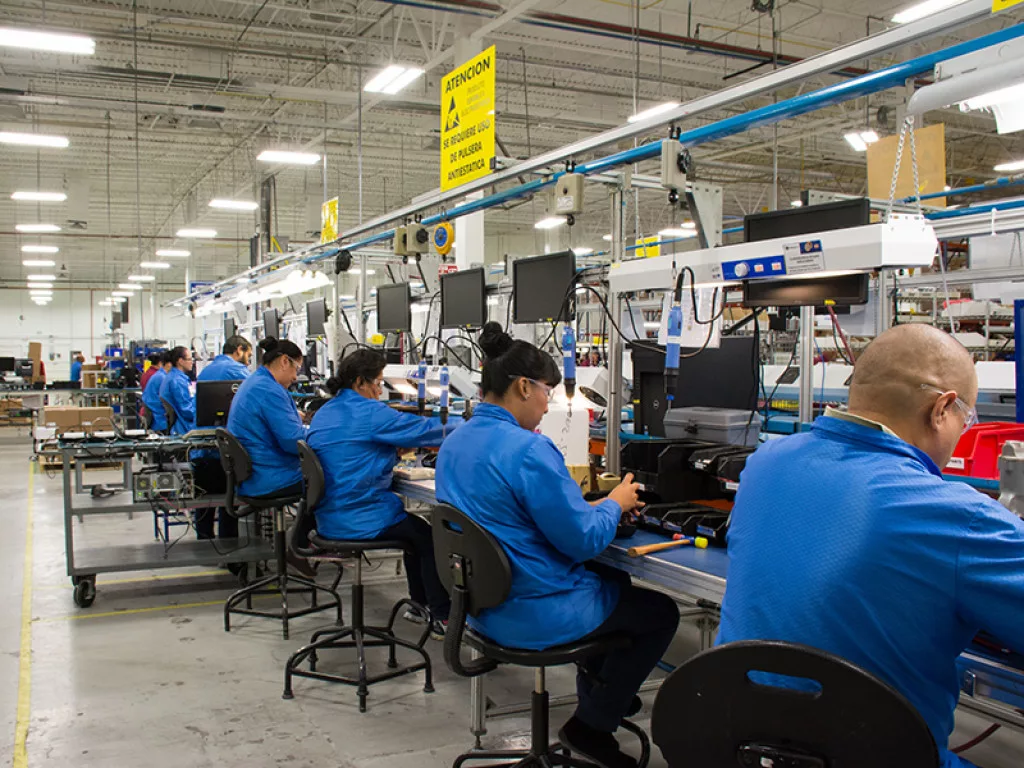
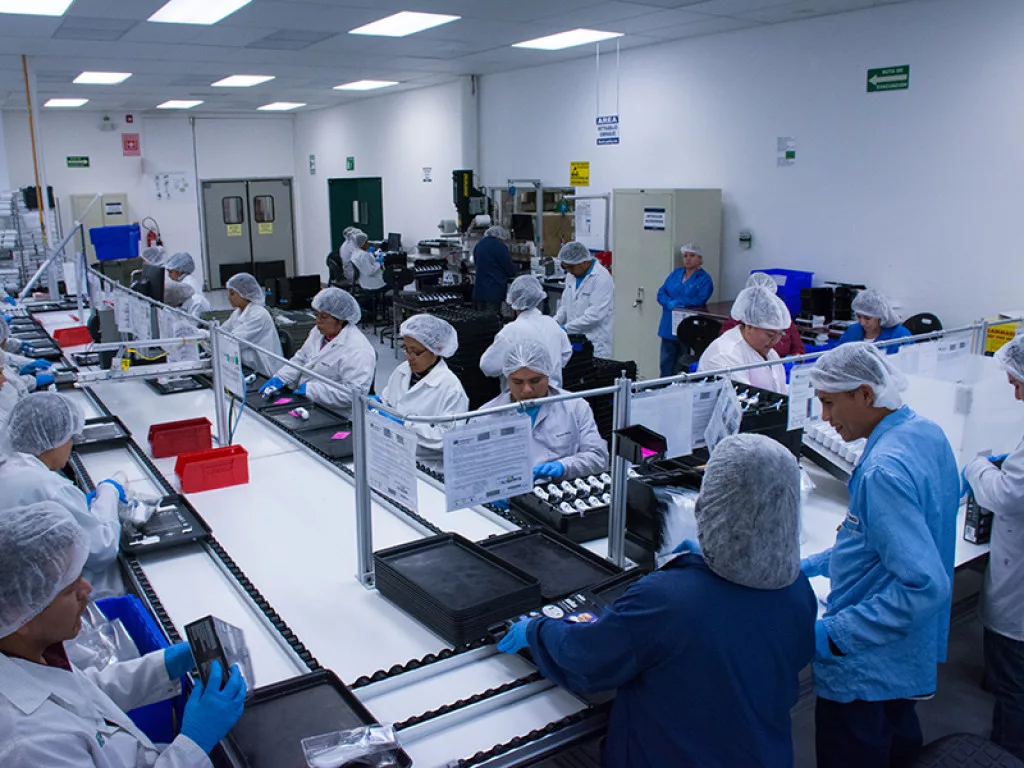
Gates joined the company in 1994 and held a number of executive management positions before stepping into his current role in 2009. With such considerable experience under his belt, Gates believes there are three key factors which sets his organization apart from competitors.
“Keytronic is unique in a number of ways. Number one is our breadth of locations, vertical integration and services that we offer in comparison to our size,” he explains.
“The second is our unique approach to the entire management structure. We’ve been operating in Mexico for over 40 years, and our structure is designed to take advantage of that experience.
“We operate our facilities in China, Mexico and Vietnam as cost centers rather than profit centers, with centralized command and control out of Spokane. This means they’re not distracted by trying to be a profit center and competing with other sites that are owned by Keytronic. This allows our customers to get their products built in two or more of our locations without playing referee, and allows a much easier interface as our customers don’t have to learn different languages.
“Thirdly, we have a long history of taking on projects that have a unique or uncommon process that we develop and learn how to implement and manage. Some of our biggest customers have products that no one else could make without spending a year or two learning their manufacturing process. We like products that have a strange process that requires some engineering or development in order to get them into mass production.”
With new technology’s influence on the manufacturing space showing no signs of slowing, Gates believes that manufacturers take new innovations for granted.
“If you even go back 10 years ago, so much has changed,” he explains. “Our ability to transfer documentation, build prototypes and do business around the world has completely transformed. It’s an overwhelming change that you don’t notice day to day and only when you look back.”
The organization focuses on customer communication and building robust supply base relationships. Its extensive range of assembly services provides customers with a complete manufacturing solution. From the best-in-class facilities to engineer supported trained employees and processes, the assembly results in superior manufactured products.
Keytronic places great emphasis on its supply chain and Gates affirms that his company’s strategic partners have been a key ingredient to success over the years.
“We believe that supply chain is a large percentage of the value that we add to our customers,” he says.
“If there’s a problem with production, it is almost always based on parts, not a process that we control in the factory. It is usually based on lead times and forecasts that have changed.
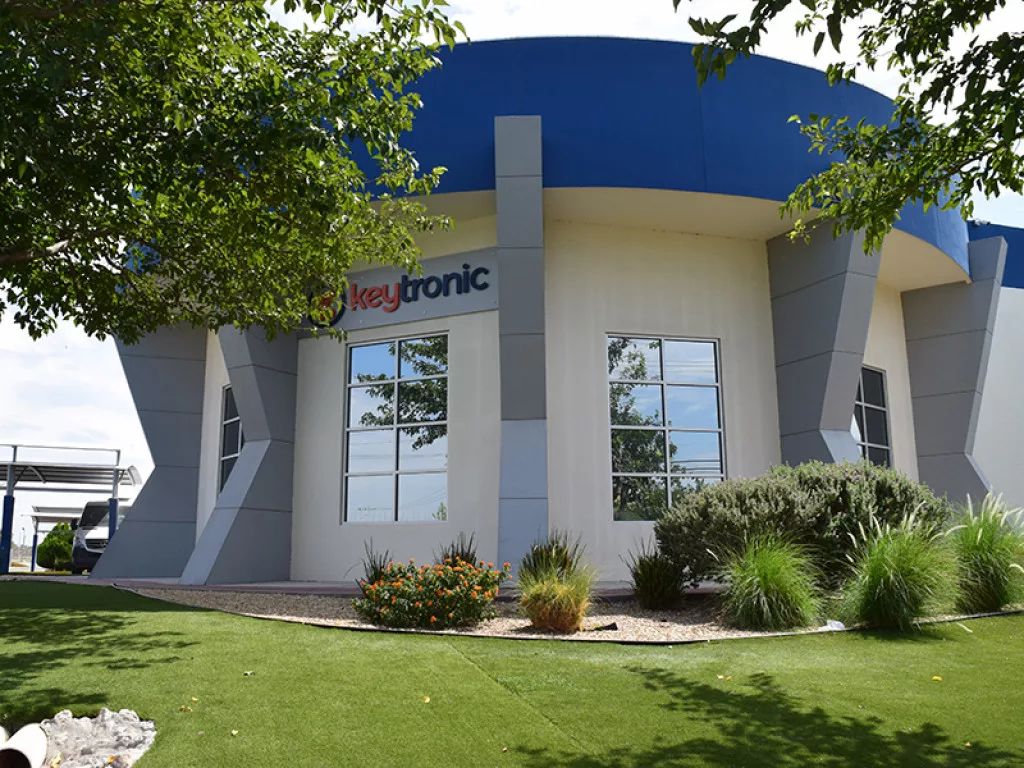
We’ve had a massive focus for years on supply chain and a number of our suppliers are on first name basis.
“We have a two-tiered approach, a procurement team here, that does a lot of the supplier qualification and an IPO in our Shanghai plant that does a lot of our sourcing. We have a number of long-lasting partnerships that we’ve had for years.”
With talent management a key pillar to Gates’ leadership at Keytronic, he values the importance of staff retention and goes out of his way to recognize the contributions that his employees make.
“We’re in a service industry and that all comes from people,” he explains.
“We are very proud of the longevity of our workforce and we have some employees that have worked for us for over 40 years. There are people in one of our plants that I hired in 1983 as a 25-year-old that are still there. It’s amazing to have that experience.”
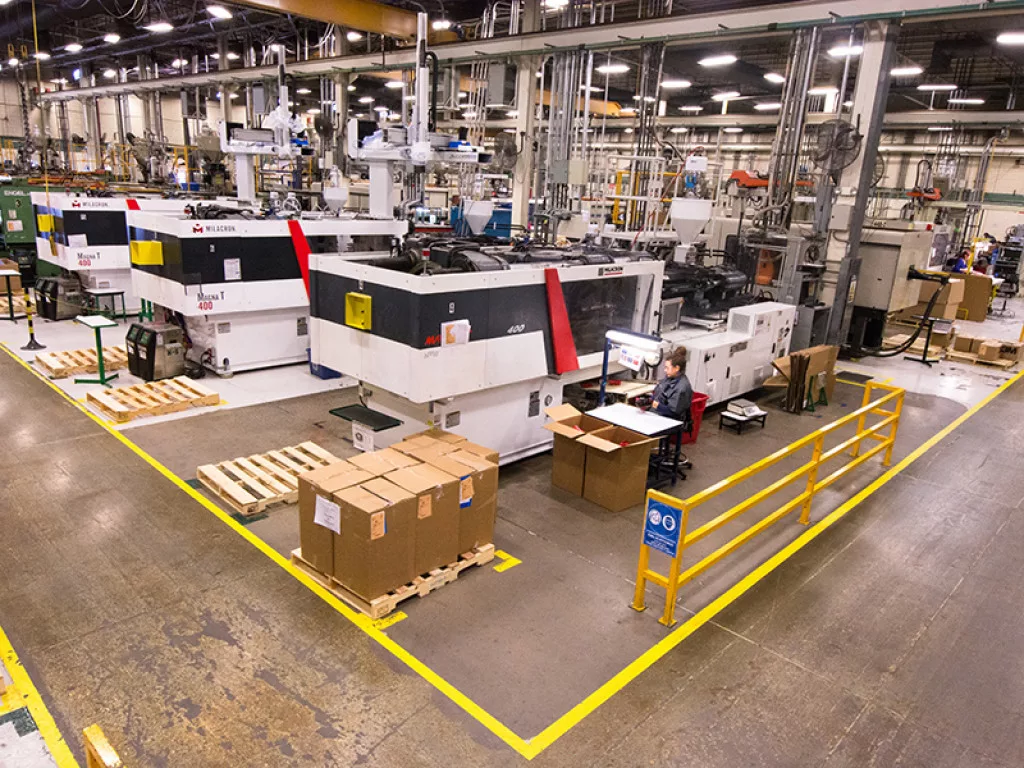
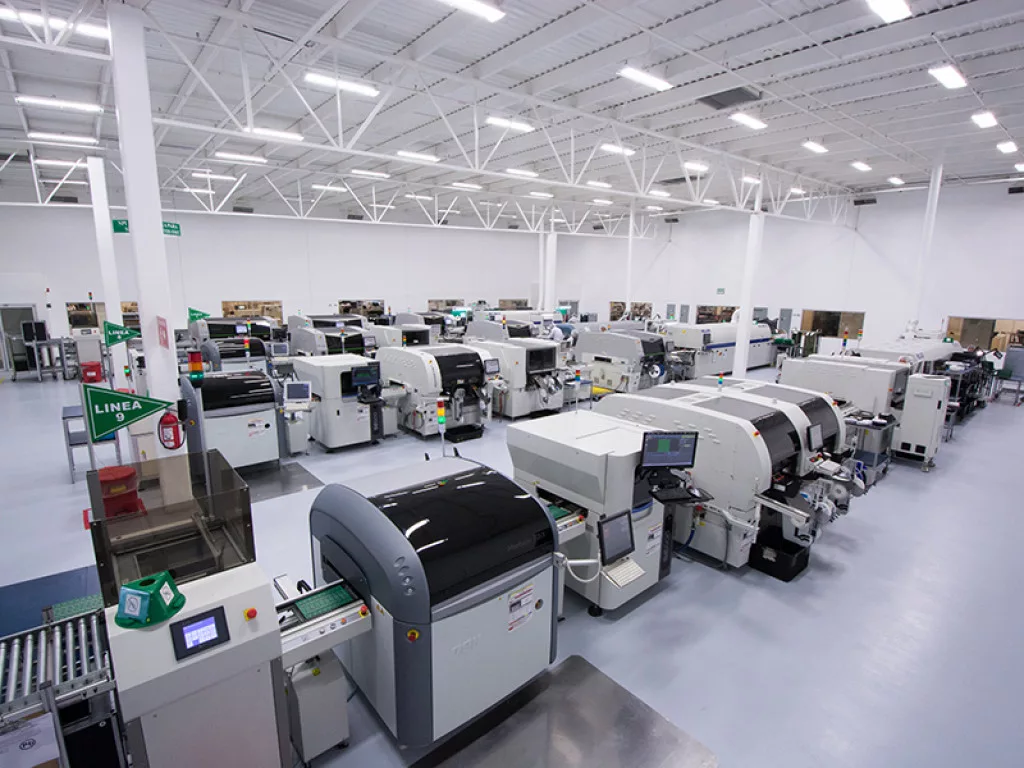
Gates believes that a key reason why employees remain committed to Keytronic is due to the diversity of products the firm works on.
“It makes it hard to get bored,” he notes. “Every day is different and exciting – there’s fresh challenges all the time. Ultimately, we all have the same end goal of wanting to make the company successful and profitable long-term.”
With the world having undergone unprecedented change and disruption, Gates believes that black swan events such as the COVID-19 pandemic didn’t hurt his business as much as it could have.
“It’s a strange situation,” he admits. “COVID didn’t disrupt us too much because 90 percent of our business actually increased but 10 percent was absolutely gutted. Overall, the last three or four years have been a validation of our strategy which is to create a company that can deal with overconcentration in one locality.”
